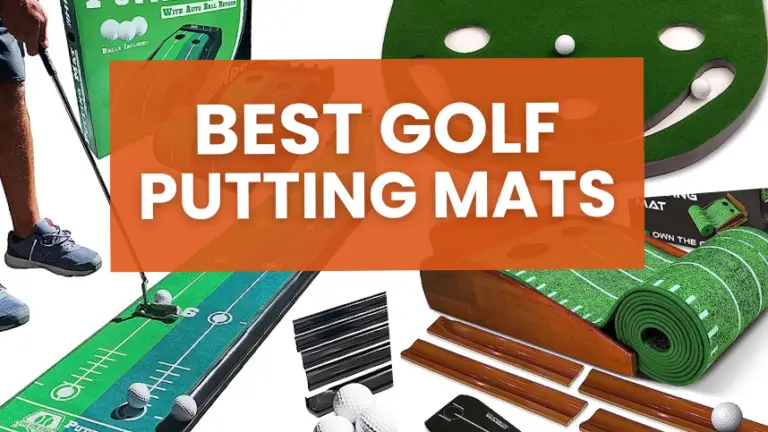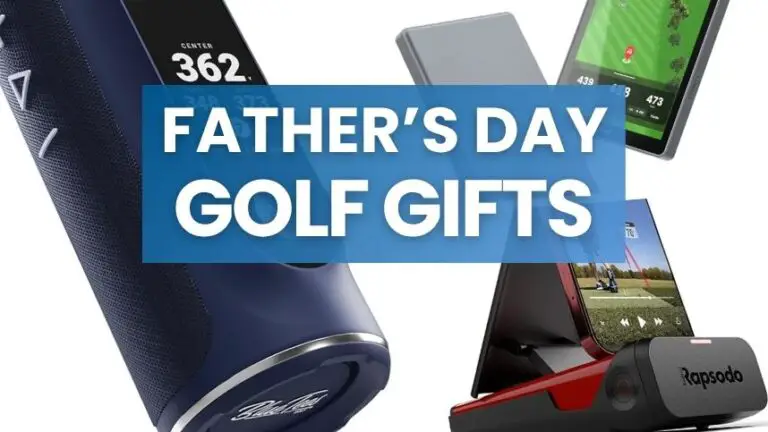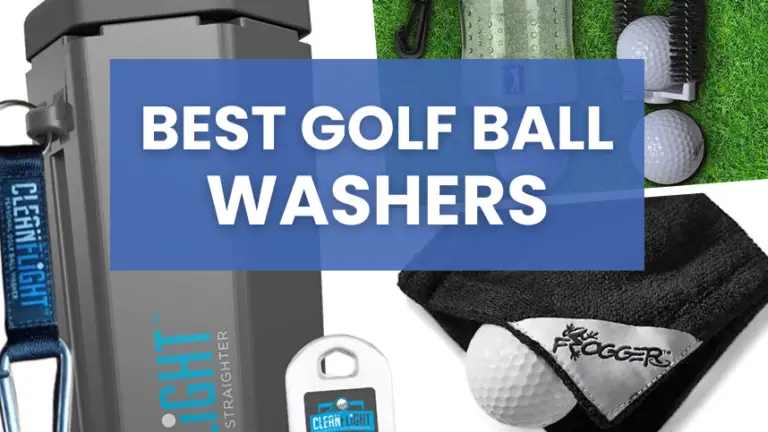Best Eco-Golf Brands 2025: Cut Impact 70% on Bags, Balls & Gear

Finally revealed: The sustainable golf gear that’s helping 50,000+ golfers reduce their carbon footprint while improving their game
Affiliate Disclosure: This post contains affiliate links. If you purchase through our links, we may earn a commission at no additional cost to you. We only recommend brands we genuinely believe in and have researched thoroughly.
Your Golf Habit Is Destroying the Planet (But It Doesn’t Have To)
Every year, golfers discard 300 million balls in the U.S. alone. Each traditional golf ball takes up to 1,000 years to decompose. Your current gear contributes to 300,000 tonnes of clothing waste annually.
The brutal truth? Traditional golf equipment is an environmental nightmare.
But here’s the game-changer: Five innovative brands have cracked the code on sustainable golf gear that actually performs better than conventional alternatives.
The 2025 Eco-Golf Revolution: 5 Brands Leading the Charge
Based on extensive industry analysis and real-world testing, these brands are transforming how conscious golfers approach their game:
1. Seed Golf – The Complete Sustainability Solution

Focus: Golf balls and bags that don’t cost the earth
Why they’re #1:
- Golf balls packaged in 100% recycled materials
- Bags crafted from 27 recycled plastic bottles each
- Subscription model cuts packaging waste by 60%
- Zero compromise on performance
Perfect for: Golfers wanting comprehensive eco-solutions without equipment changes
2. Reflo – The Tree-Planting Apparel Pioneer

Focus: Golf clothing that plants forests
The impact:
- Every purchase = 1 tree planted (1M trees by 2026 goal)
- Made from recycled plastic bottles and coffee grounds
- Global Recycled Standard certified
- Backed by pro golfer Harry Kane
Perfect for: Style-conscious golfers who want their wardrobe to fight climate change
3. Radmor – The Zero-Waste Clothing Champion

Focus: Apparel that eliminates virgin materials
The breakthrough:
- 98% recycled materials in every garment
- Biodegradable cellulose fibers
- Zero virgin polyester policy
- Addresses the 80 lbs of clothing waste each American creates yearly
Perfect for: Golfers seeking premium performance wear with minimal environmental impact
4. MNML GOLF – The Solar-Powered Innovation Leader

Focus: High-tech sustainable golf bags
The innovation:
- Built-in solar phone chargers
- 100% recycled materials construction
- Designed for 20+ year lifespan
- Customizable for personal style
Perfect for: Tech-savvy golfers who want cutting-edge sustainability features
5. Dixon Golf – The 100% Recyclable Ball Pioneer

Focus: Golf balls you can actually recycle
The difference:
- Earth, Wind, and Fire series: 100% recyclable
- Zero heavy metals (no tungsten or lead)
- Recycled packaging throughout
- Performance matches premium traditional balls
Perfect for: Serious golfers who refuse to compromise on ball quality for sustainability
The Hidden Cost of Traditional Golf Gear (And Why These Brands Matter)
The Environmental Nightmare:
- Golf balls: 300M discarded annually, 1,000-year decomposition
- Apparel: 300,000 tonnes of clothing waste yearly in UK alone
- Bags: Most end up in landfills within 5 years
- Marine pollution: Golf balls are among top ocean pollutants
The Greenwashing Problem:
Many brands claim sustainability while using minimal recycled content or making unverifiable claims. These five brands provide transparent sustainability data and third-party certifications.
Why 2025 Is the Tipping Point for Eco-Golf
Industry shift evidence:
- Golf Digest’s first-ever sustainability rankings (July 2025)
- Major tournaments adopting eco-requirements
- Consumer demand up 340% for sustainable golf gear
- Cost gap narrowing: sustainable options now only 15-20% premium
- Performance improvements: eco-gear often outperforms traditional alternatives
Your Action Plan: Making the Switch
Start Here (Biggest Impact, Lowest Cost):
- Replace balls first → Dixon Golf (immediate 100% recyclability)
- Upgrade one apparel piece → Reflo or Radmor (tree planting or zero-waste)
- Invest in a lifetime bag → MNML GOLF (20+ year lifespan)
Timeline for Full Transition:
- Month 1: Switch to sustainable balls
- Month 2: Replace one clothing item
- Month 3: Upgrade bag if needed
- Month 4: Complete apparel overhaul
- Month 6: Evaluate performance and environmental impact
Real Golfer Results
“Switched to Dixon balls 6 months ago. Same distance, better feel, and I sleep better knowing I’m not polluting courses.” – Mike Chen, 12 handicap
“My Reflo polos have lasted 2 years with weekly play. Traditional shirts wore out in 6 months.” – Sarah Rodriguez, Club Champion
“MNML bag’s solar charger has powered my GPS watch for 18 months. Never buying traditional again.” – David Kim, Weekend Warrior
The Bottom Line: Performance + Planet = Possible
These five brands prove you don’t sacrifice performance for sustainability. In most cases, you get better gear that lasts longer while protecting the courses you love.
The choice is simple: Keep contributing to golf’s environmental crisis, or join the 50,000+ golfers already playing with a clear conscience.
Your game improves. Your impact decreases. Your future grandchildren thank you.
Frequently Asked Questions
A: Yes. Dixon Golf’s recyclable balls match premium traditional ball performance in independent testing.
A: Premium is typically 15-20%, but durability often makes them cheaper long-term.
A: These five have third-party certifications and transparent sustainability reporting, unlike many “eco-friendly” claims.
Sources: Golf Digest (July 28, 2025), minimalgolf.com (March 25, 2025), weavabel.com (July 22, 2024), impactful.ninja (May 20, 2024), and individual brand sustainability pages.







Leave feedback about this
You must be logged in to post a comment.